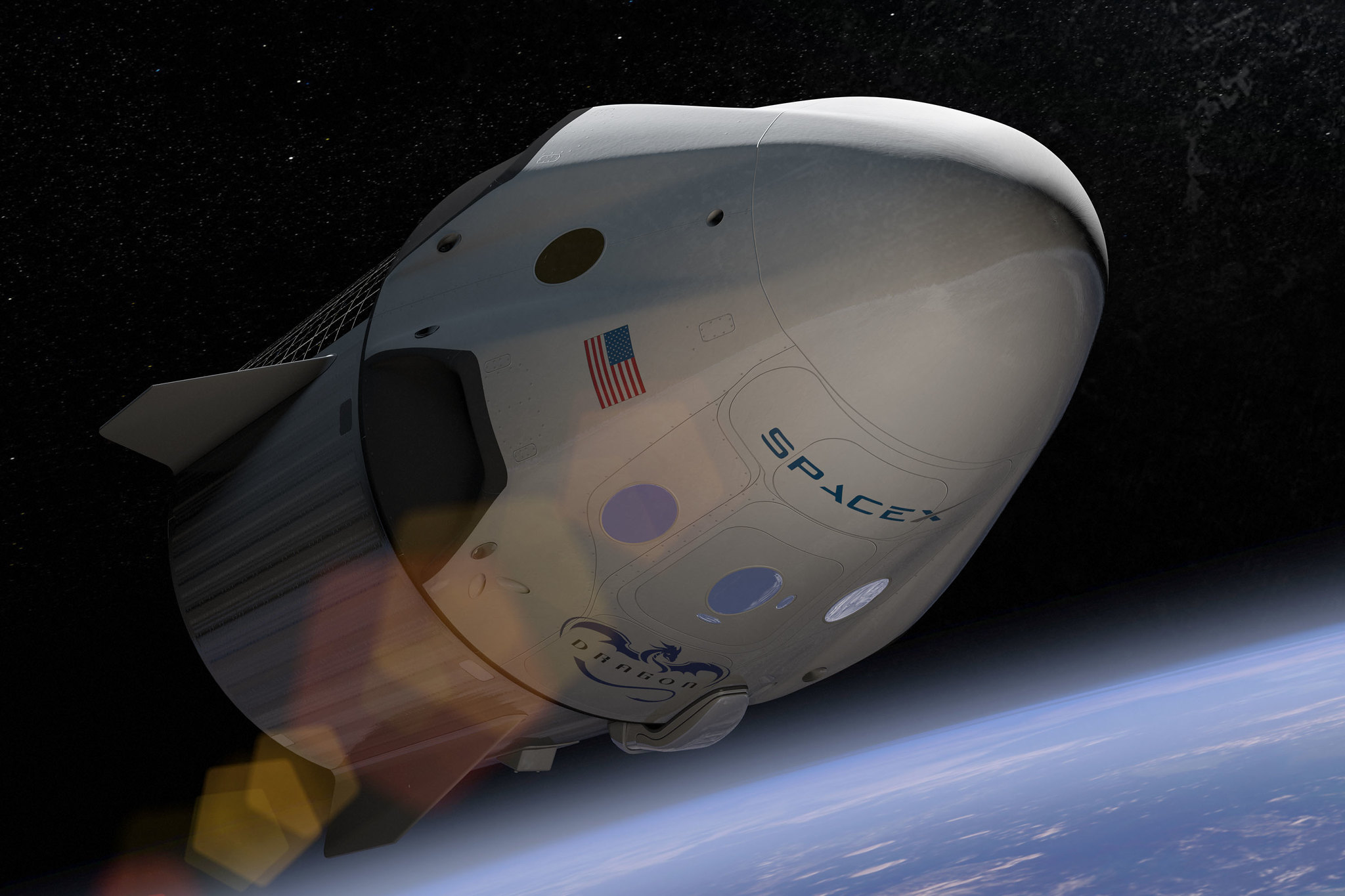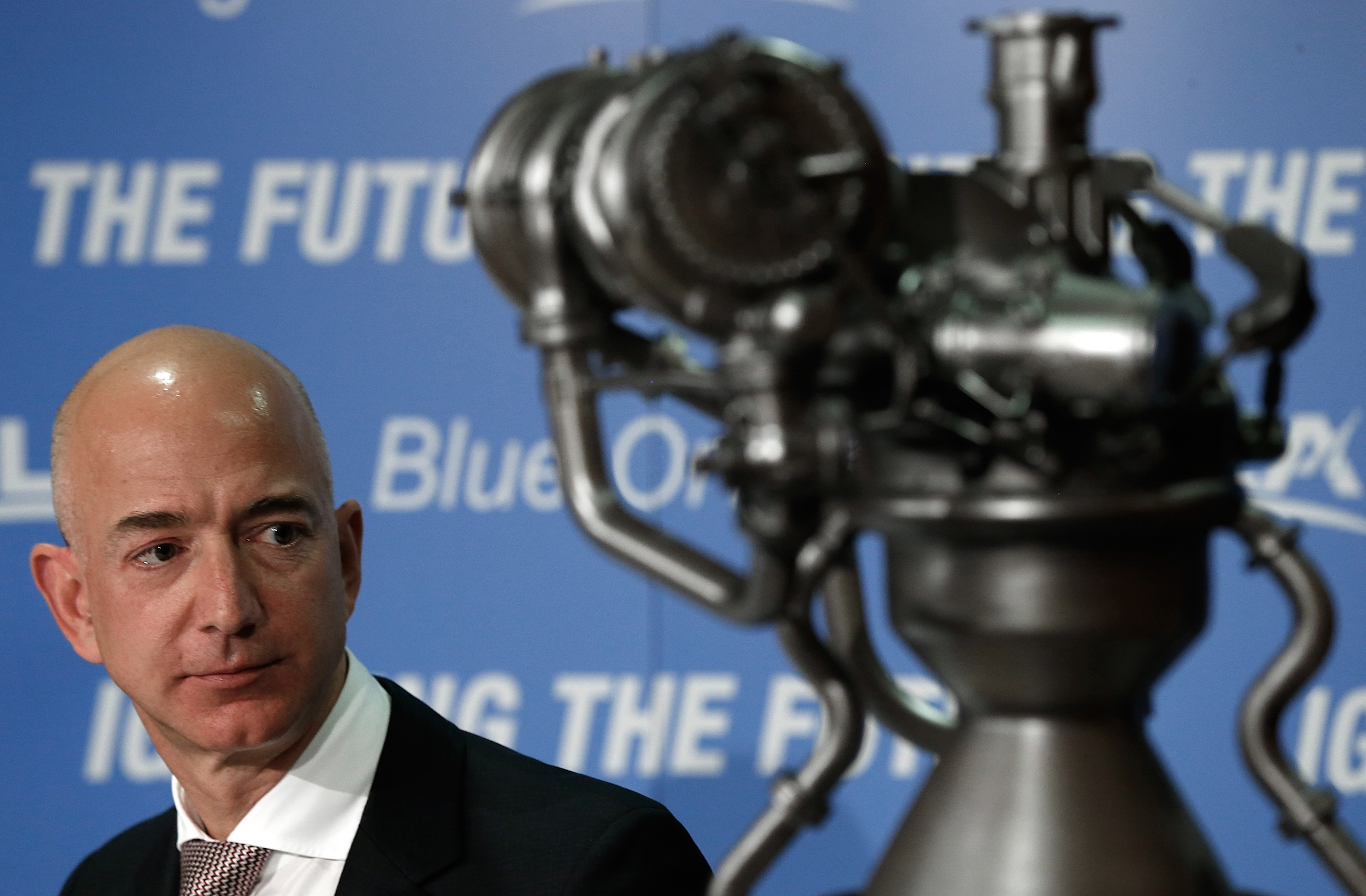Hello and welcome back to Max Q!
In this issue:
- Why space parachutes are so hard
- A new lawsuit alleging safety issues at Blue Origin
- News from Loft Orbital, Relativity Space and more
SpaceX acquires parachute company for $2.2M, because it turns out space-rated parachutes are very hard
SpaceX is known for its vertical integration, but one component it’s been outsourcing is parachutes — until earlier this month, when the company quietly acquired parachute vendor Pioneer Aerospace after its parent company went bankrupt. The Information first reported the news.
Saving a vendor from dissolution — which would’ve likely been Pioneer’s fate, given the bankruptcy of its parent company — seems like a strong gesture on the part of SpaceX. But that just points to the real difficulty of making parachutes designed to survive such high speeds.
“Space is hard, but space parachutes are much harder,” Abhi Tripathi, director of mission operations at UC Berkeley’s Space Sciences Laboratory, said in a recent interview. “It’s pretty much among the hardest things, other than a very complex propulsion system, to make.”

Image Credits: SpaceX
Former Blue Origin rocket engine manager alleges wrongful termination for whistleblowing on safety
The former program manager of Blue Origin’s BE-4 rocket engines has filed a lawsuit against the company alleging whistleblower retaliation after he spoke up about safety issues.
The complaint was filed in the Los Angeles County Superior Court. It includes a detailed narrative about program manager Craig Stoker’s efforts over seven months to escalate his concerns about safety and a hostile work environment at Blue Origin.
“Myself, my leadership team and others throughout the company should not have to constantly apologize and make excuses to ourselves and our teams for the CEO’s bad behavior,” Stoker says in an email to two Blue VPs. “We spend significant time smoothing things over, building back morale, repairing damage, stopping people from overreacting… The hostile work environment … is creating a safety and quality hazard for our people, products and customers.”

Jeff Bezos, September 17, 2014 in Washington, DC. Image Credits: Getty Images
More news from TC and beyond
Amazon has purchased three Falcon 9 launches from SpaceX to support deployment of its Project Kuiper mega-constellation, its competitor on the satellite internet market.
LockBit, a notorious ransomware gang, has claimed responsibility for a cyberattack targeting India’s state-owned aerospace research lab.
Loft Orbital is launching a new offering called “virtual missions,” where customers will be able to deploy their software apps onto a Loft satellite to leverage on-board sensors and compute nodes, analyze data as it is being collected and run a whole range of use cases.
Relativity Space CEO Tim Ellis is hitting back against recent comments from fellow aerospace exec Peter Beck, who called launch contracts for un-flown rockets “basically worthless” earlier this month. In sharp contrast, Ellis argued in an exclusive interview with TechCrunch that building a backlog is the only way to validate product-market fit.
Terran Orbital is suing its former CTO, Austin Williams, a little over a month after he and other shareholders publicly called for a change in company leadership.
Max Q is brought to you by me, Aria Alamalhodaei. If you enjoy reading Max Q, consider forwarding it to a friend.
